"I have been working on a tool for students to do a self assessment/reflection and feedback...The tool is based around the work of Stephen Dinham which is used be DET NSW and New Zealand eductors John Hattie & Helen Timperley."
Research and publish the best content.
Get Started for FREE
Sign up with Facebook Sign up with X
I don't have a Facebook or a X account
Already have an account: Login
Tech tools that assist all students to be independent learners & teachers to become better teachers
Curated by
Beth Dichter
 Your new post is loading... Your new post is loading...
 Your new post is loading... Your new post is loading...
|

María Dolores Díaz Noguera's curator insight,
March 18, 2014 8:35 AM
Critical Thinking: Educating Competent Citizens 
Susan Walker-Meere's curator insight,
November 9, 2014 12:49 PM
I would add: Trans-disciplinary thinking; systems thinking for sustainability. Most people can not see the forest through the trees so miss the larger connections of the impacts that action, goods & services have on both environmental systems and human systems. 
Willem Kuypers's curator insight,
November 16, 2014 3:48 PM
La pensée critique, une competence clé du 21ème siècle avec tant d'information qui nous arrive.

Valeria Ríos Bedoya's curator insight,
August 26, 2017 6:33 PM
Teaching to teach critically is a big challenge for us, as teachers, nowadays due to the important impact technology has had in our daily lives; therefore, the topic of this article is very relevant since we need to change the way we teach. We need to adapt our curriculums in order to stop teaching a lot of content that our students can easily find on line, and start teaching how to analyze, interpret and approach appropriately all the information that our students receive through the constant use of technological devices.
|



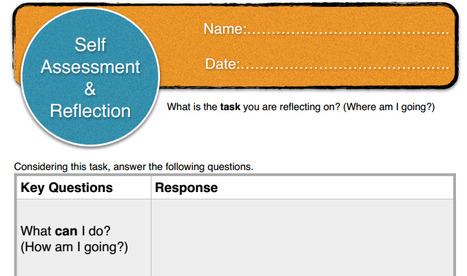

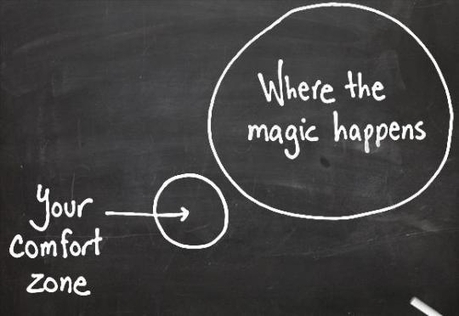
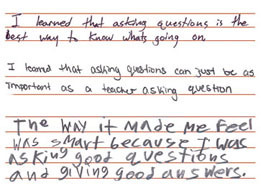
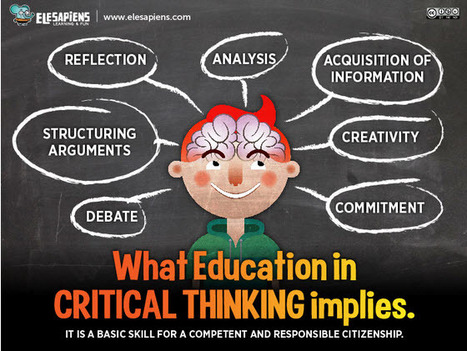
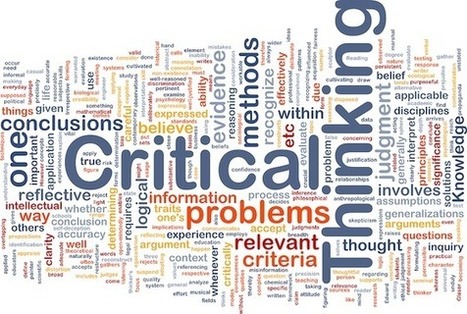





Have been looking for something i can use with students that they understand and dont panic about.